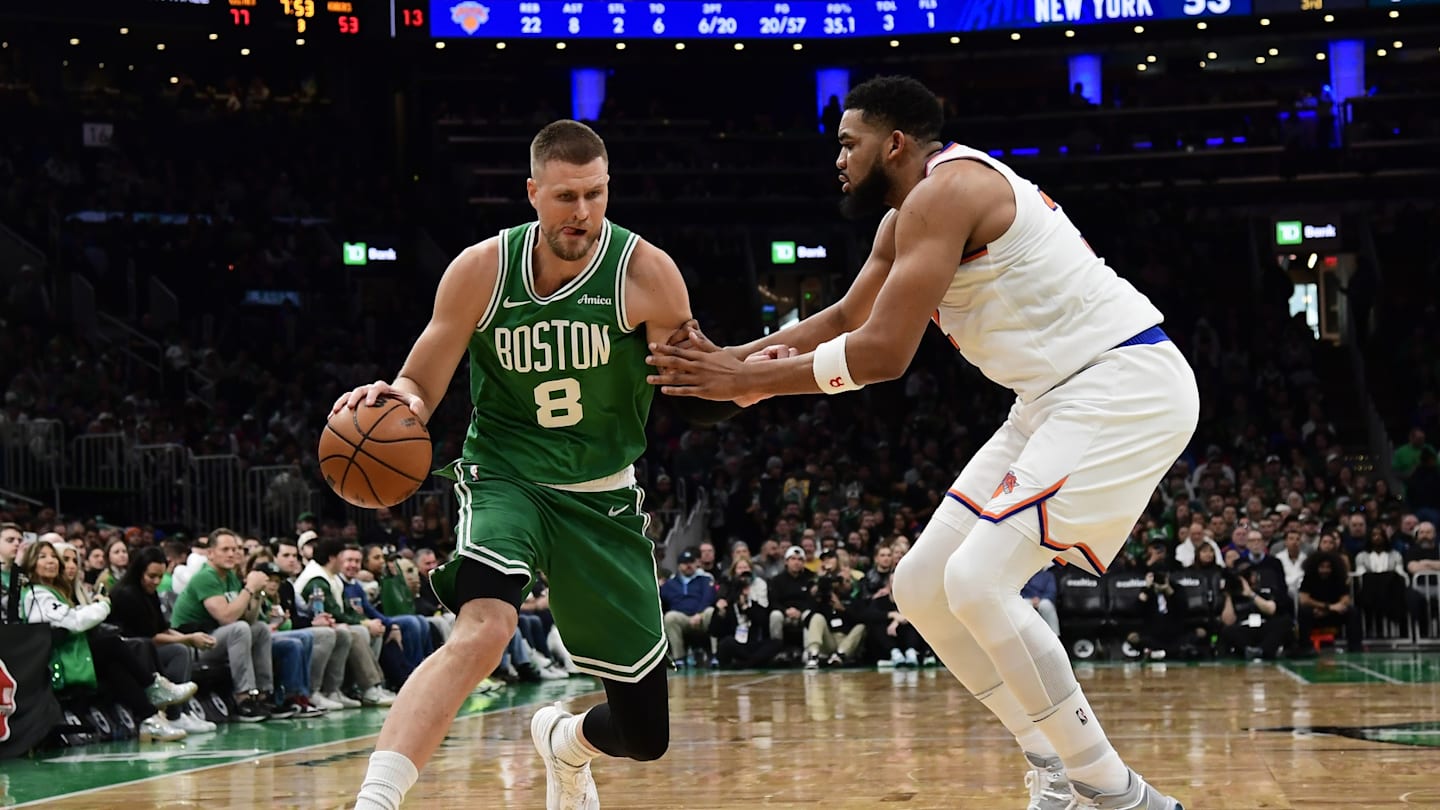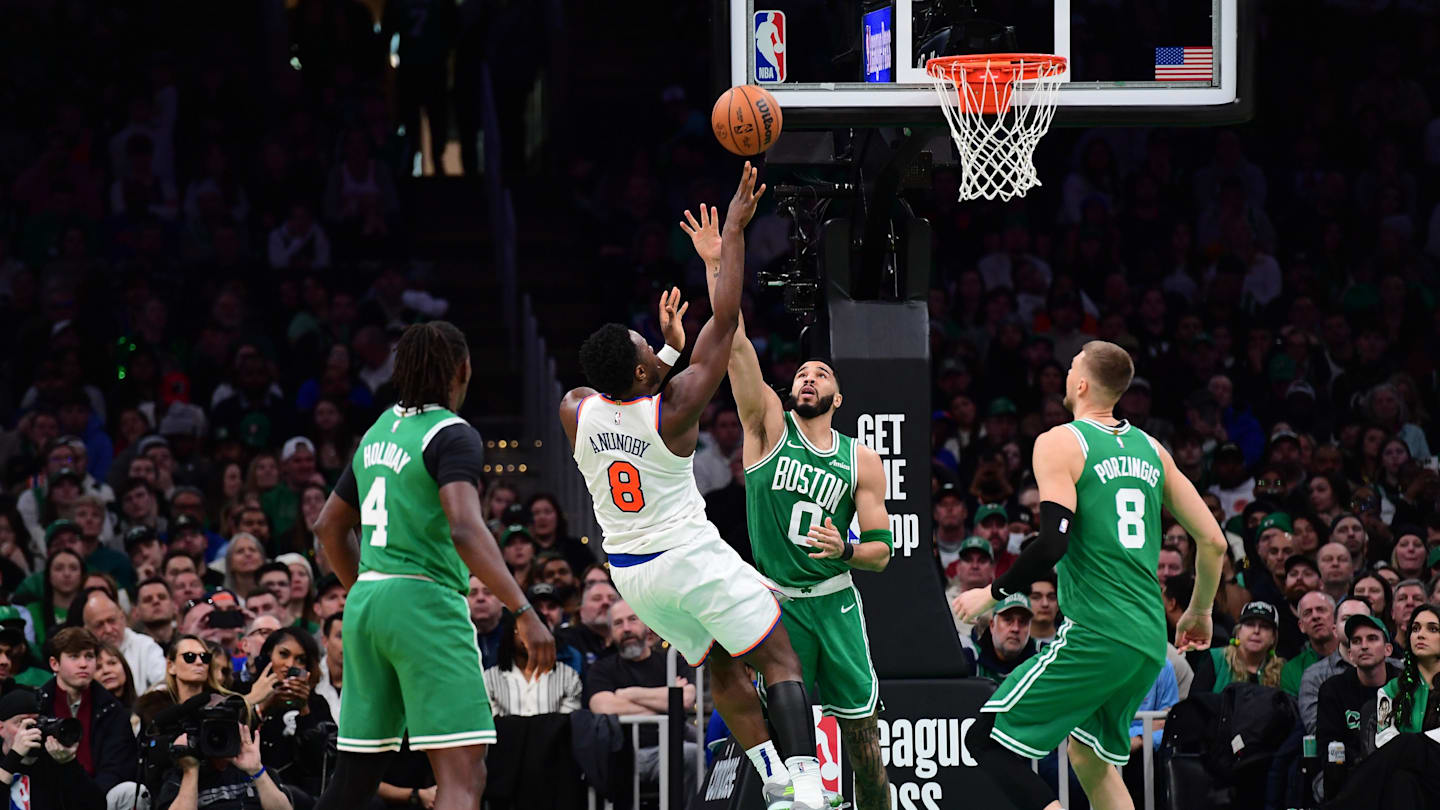NBA Expansion: Go East Young Wolves

After years of rumors, the NBA’s plans for expansion are gaining traction. Today, ESPN dropped an article diving into what adding two teams could mean for the NBA—financially, logistically, and most importantly for fans like us—who’s getting the new teams and what happens next.
It’s no secret that the cities of Seattle and Las Vegas are the front-runners to snag these expansion franchises. Seattle is a no-brainer. The city still mourns the loss of the SuperSonics, who were yanked from the Pacific Northwest in 2008 and shipped to Oklahoma City. Bringing an NBA team back to a basketball-crazy town that actually won an NBA title is about as close to a sure thing as you can get. And while I’ll never forgive the Sonics for smacking the Wolves in five games during the ‘97 playoffs, even I have to admit Seattle deserves its team back.
Then there’s Vegas. What can we say? Las Vegas is fast becoming America’s go-to sports city. First, the NHL gives them the Golden Knights, and then the NFL followed suit, handing over the Raiders. Now Major League Baseball is moving the Oakland A’s to Sin City. Naturally, the NBA wants in on the action. Vegas already hosts the Summer League and the NBA Cup—so adding an NBA franchise feels like the final piece of the puzzle.
Yes, there are rumors that Mexico City could be in the mix to land a franchise, but it seems strange that the league would take on the whole host of logistical issues involved with planting a team nearly 800 miles from the US border when there are two major U.S. cities that are prime candidates for a team.
The speculation on new team names, ownership groups, and jersey colors is all fun, but let’s get to what we’re all really thinking about—how does this expansion affect our Minnesota Timberwolves?
Here’s the thing: both Seattle and Vegas are locked on the West Coast. So if the league expands, someone’s gotta switch from the Western Conference to the Eastern Conference. That’s where things get interesting for the Wolves. The NBA is balanced right now—15 teams in the East, 15 in the West. Adding two teams to the West doesn’t make sense unless one of the current Western Conference teams moves East. And folks, the Timberwolves are sitting right there on the banks of the Mississippi as the most logical candidate for an Eastern Conference move.
Let’s look at the geography. Sure, the Grizzlies and Pelicans are technically farther east than the Wolves, but those teams are cozy in the Southwest Division with their Texas rivals—the Spurs, Rockets, and Mavericks. Breaking up that geographically tight division doesn’t make sense. The Wolves? They’re on a Midwestern island, with their closest neighbor being the Denver Nuggets, a solid 680 miles away. As a result, the Wolves have the worst travel schedule in the NBA. Moving the Wolves to the Eastern Conference would reduce those brutal trips to the West Coast and give the team a chance to develop regional rivalries with the Bucks, Bulls, Pacers, and Cavaliers—teams that are all a much shorter flight away than the Jazz or Trail Blazers.
Let’s talk about the benefits of an Eastern Conference switch. We’ve already discussed the travel. Less time in the air, fewer late-night flights back from the coast, and reduced wear and tear on the players. That alone is a win.
But here’s the big one: the competition. For the last two decades, the Western Conference has been an absolute bloodbath. I can’t even count how many times I watched Kevin Garnett drag those early-2000s Wolves teams to a 6th or 7th seed in the West—only to think, “Man, if we were in the East, we’d be a 3-seed.” It still happens today. Last season, the Lakers, featuring LeBron and AD, were fighting just to get into the play-in. Meanwhile, the East? Sure, you’ve got the Celtics, but beyond that? There’s not a single team that would keep me up at night heading into a playoff series.
Imagine the Wolves in the East. Instead of clawing through the Nuggets, Suns, Warriors, and Mavericks just to survive, the Wolves would likely breeze to one of the top seeds. Anthony Edwards in a weakened Eastern Conference? Sign me up.
Now, I know what you’re thinking. “But the NBA changes so fast! The East could be stacked by the time this expansion happens.” And that’s true. But even so, the Wolves are better positioned for long-term success in the East than the West.
Bottom line: moving the Timberwolves to the East makes sense from almost every angle—geography, travel, and competition. The expansion is still a few years away, and anything can happen between now and then, but I’d be thrilled to see the Wolves shift East. We’ve been battling uphill in the West for 35 years—maybe it’s time to see how the other half lives.
What do you think? Would you like to see the Wolves move to the East, or do you want them to stay slugging it out in the West? Let me know in the comments below.
Related
NBA: Mark Cuban says he would have asked for more…
Feb 13, 2025; Dallas, Texas, USA; Mark Cuban laughs during the second half of the game between the Dallas Mavericks and Miami Heat at American Airlines
NBA Scout Reveals Why Celtics Can Easily Beats Knicks in…
The Boston Celtics are one of the teams who are expected to be a contender at the end of the season. They are the defending NBA champions, so they feel like the
Nikola Jokić gives peak Nikola Jokić interview with Scott Van…
Nikola Jokić is still rewriting the record books — and treating it like just another day at the office. In a 149-141 overtime win over the Phoenix Suns
Knicks’ Struggles vs. NBA’s Elite Explained
The New York Knicks are one of the best teams in the NBA, but as of late, they have been defined more by their struggles than their triumphs.The Knicks are 0-7











